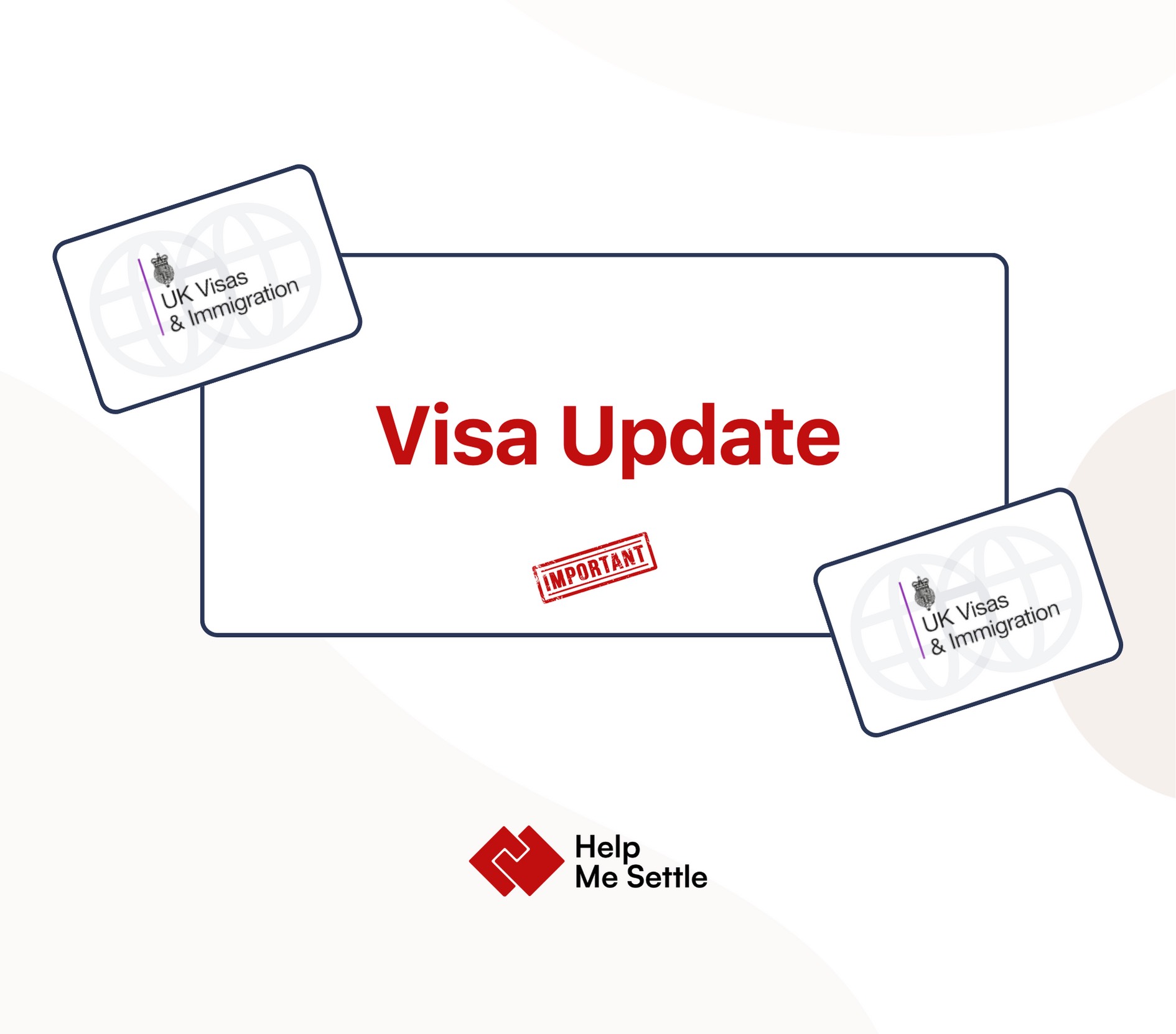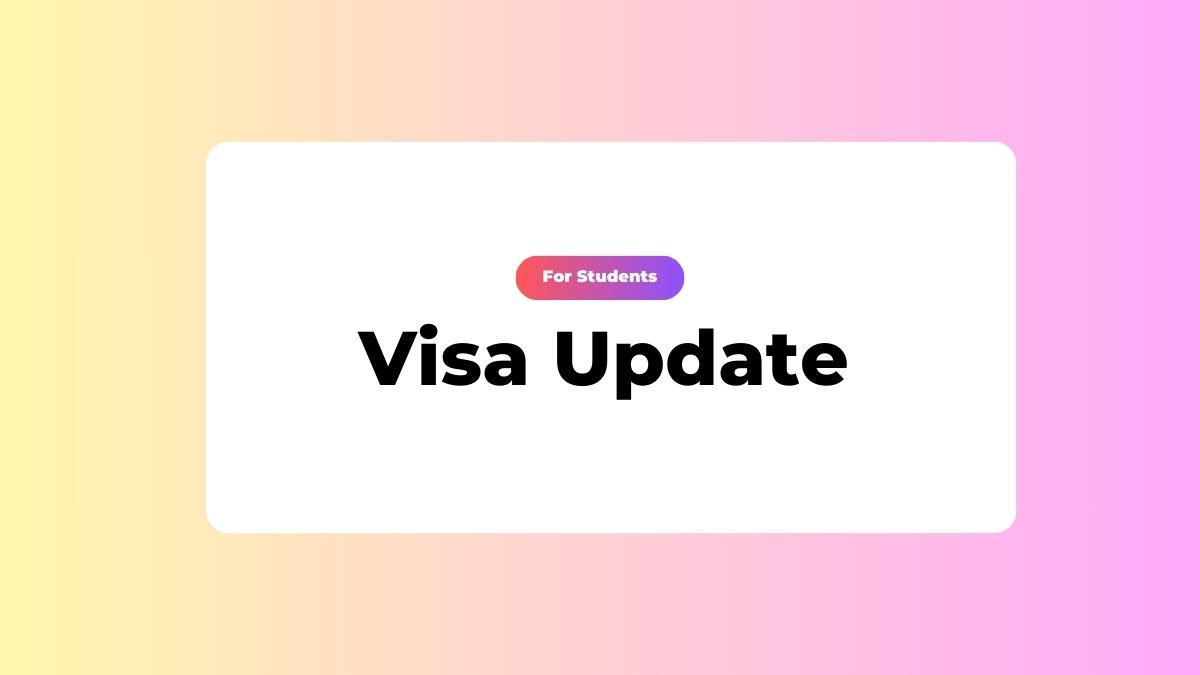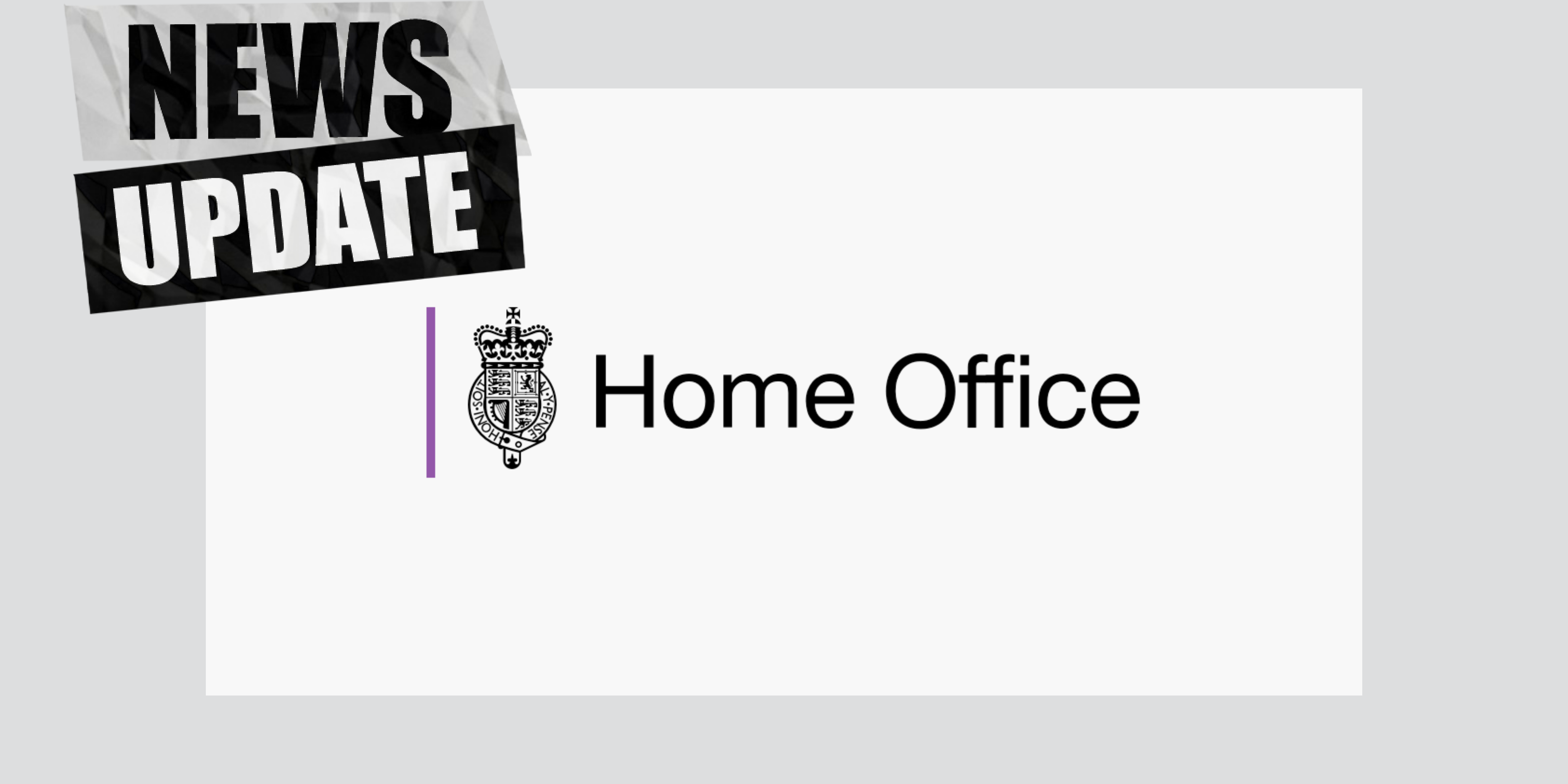The Home Office has published a statement of changes to the Immigration Rules which will affect immigration applications for the UK.
The statement was published on 14 March 2024 and the changes will take effect over the spring and into the summer, with the specific dates outlined below.
We will be amending and updating our website information in accordance with these changes shortly. Home Office guidance to accompany these changes may not be published until on, or after, the effective dates of the changes, therefore our website information may be subject to change for a short while after the changes come into force. Where appropriate, we have provided a link, or links, to our current information so that you know where to look out for our changes.
Student route dependants
For applications made on or after 4 April 2024 there will be a minor change to the requirements that determine which students can have dependants with them in the UK. Currently, you can have dependants join you if you are in receipt of an award from a government, and your course (of any level) is full-time and at least six months in length. The term ‘award’ is being removed and replaced with ‘scholarship or sponsorship’. This will bring it in line with other parts of Appendix Student, as well as in line with how guidance currently reads. However, the guidance is also likely to be amended on or after 4 April. These changes will affect Category 1 in our website information, Can I have dependants when I study in the UK?. However, at this stage, we do not know how many future dependant applicants will be adversely or positively affected by this overall change. We will therefore review the rules in conjunction with any revised guidance once it is published and will update our information following that.
Meeting the Financial requirements
If you want to use the Syrian Pound or the Iranian Rial to meet the financial requirement, you need to use the FCDO Consular Exchange Rate (CER), not OANDA. This change to the Immigration Rules affects applications made on or after 4 April 2024, but has been in the Financial requirement caseworker guidance since December 2023.
English language
For decisions that are made on or after 4 April 2024, International GCSE is being added to the list of English (language or literature) qualifications that can be used by an applicant as evidence of meeting the English language requirement. Currently, the list comprises GCSE, A Level or Scottish equivalent. The award of an International GCSE will need to follow education at a UK school, and that education must have begun while you were aged under 18. The change will affect our website information on English language ability in Requirements.
Administrative review (for both EU and non-EU applications)
As of 4 April 2024, the rules relating to administrative reviews are being relocated. Currently, the rules are located across multiple areas in the Immigration Rules including Part 1 and Appendix AR: administrative review. These changes will move all administrative review rules into Appendix AR: administrative review and Appendix AR (EU) (for EU Settlement Scheme administrative reviews only).
This simplification does not include any policy changes and is purely cosmetic to improve accessibility.
Definitions (Introduction in the Rules)
For applications made on or after 6 June 2024, the definition of ‘parent’ in the interpretation section of the Immigration Rules is changing. The new definition of parent does not include a step-parent and restricts the definition of a parent to biological parents, legal parents, and adoptive parents. This will have an impact on areas of the Immigration Rules which currently refer to a ‘parent’, e.g. where parental consent is required for Student route applicants, whether you can bring a child to the UK and the financial requirement if you want to rely on funds held in a parent’s bank account.
Skilled Worker
If you make an application under the Skilled Worker route with a certificate of sponsorship that is issued on or after 4 April 2024, there will be some important changes to be aware of. All salary thresholds required to obtain Skilled Worker permission will increase. All individual occupation ‘going rate' thresholds will also increase.
The minimum salary threshold required to obtain Skilled Worker permission will rise to £38,700. Note that for many occupations the ‘going rate’ will be higher than this.
If you are hoping to apply for the Skilled Worker route as a ‘new entrant’, this salary threshold will rise to £30,960 a year (70% of the ‘going rate' for the SOC 2020 occupation code) and £15.88/hour.
If you are planning to switch into Skilled Worker from Student or Graduate permission and hope to benefit as a ‘new entrant’, you should seek to use Option E, not the new Option J. The new options F-J relate to transitional arrangements for those already with Skilled Worker permission and are not available to those in the UK on Student permission. Option K is reserved for health or education occupations only.
The change will affect our website information on this route, in the Skilled Worker visa page. Please note that UKCISA does not advise on this route. If you have any questions relating to these changes, please contact your prospective or current employer.
Youth Mobility
On 4 April 2024, the number of places available to certain nationals will change. Australia will gain an additional 10,000 places, Japan will gain an additional 4,500 places, Republic of Korea will gain an additional 4,000 places, and Andorra (100 places) and Uruguay (500 places) are being added to the scheme.
New Zealand’s allocation for the scheme will be reduced by 4,500 places.
All prospective applicants for the Youth Mobility Scheme must only submit an expression of interest for a country or territory for which they hold a passport or of which they are a national or citizen.
Miscellaneous changes
As of 4 April 2024, the existing ‘Exceptions for overstayers’ in Part 1 of the Immigration Rules will be expanded to include those that received ‘exceptional assurance’ in the period between 1 September 2020 and 28 February 2023. Those with immigration permission which expired during that period were able to request written notice from the Home Office where they were unable to leave the UK. This written notice was called ‘exceptional assurance’. This change to the Immigration Rules means that any period of overstay during this time that was covered by ‘exceptional assurance’ can be disregarded in future immigration applications. It is important to note however that all periods of overstay must always be declared in an immigration application, regardless of whether there is an exception covering it in Part 1.
An amendment to the Rules is being made to clarify that as of 4 April 2024 British Overseas Territories Citizens will not require an Electronic Travel Authorisation to enter the UK.
The definition of 'adoption’ in the interpretation section of the Immigration Rules is changing to refer people to the new Appendix Adoption. This definition change and inclusion of the new Appendix Adoption will affect applications on or after 6 June 2024.



